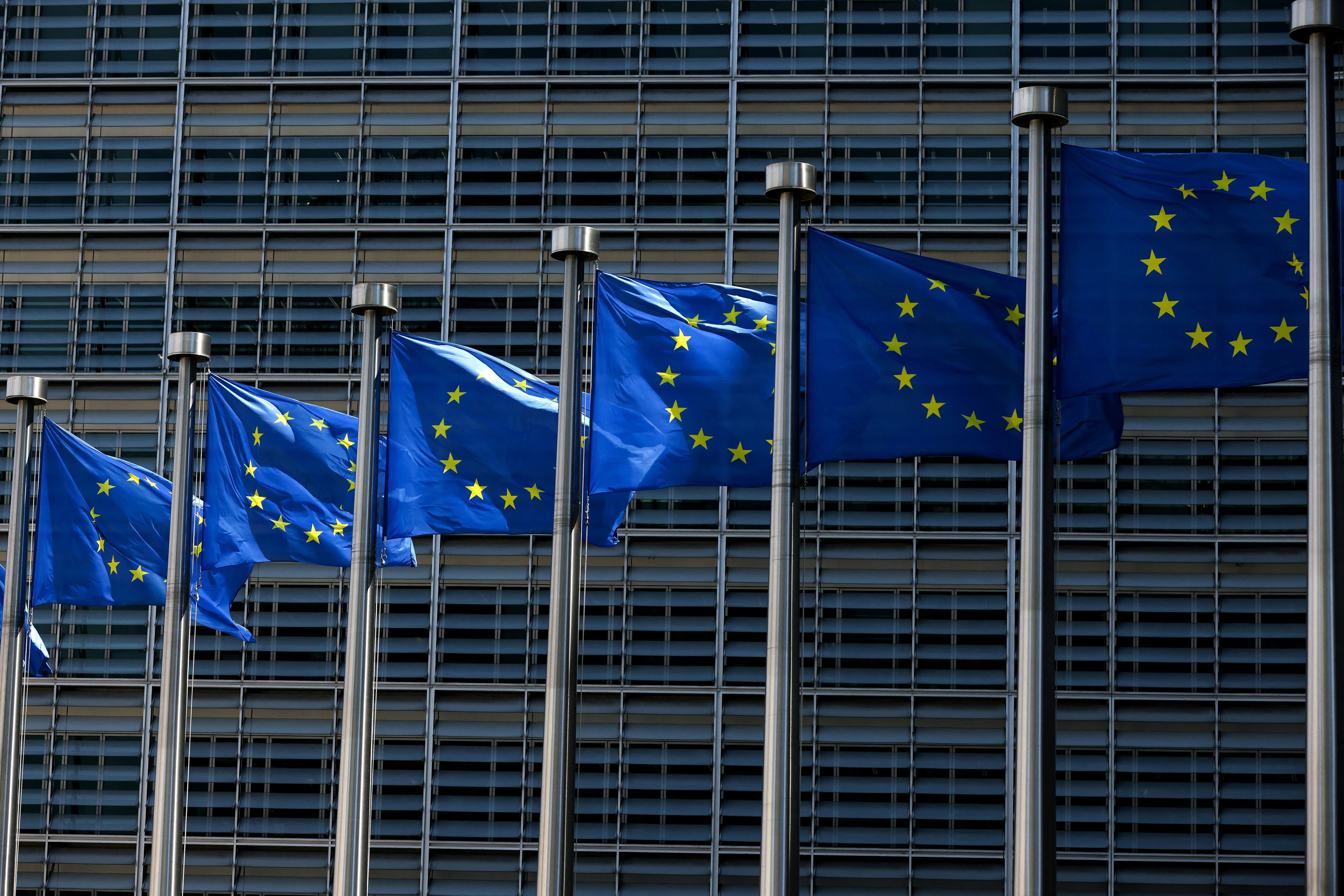
The trade ministers of the European Union, under the rotating presidency of Spainmeet this Friday in the Spanish city of Valencia to address how to accelerate the trade agreements that the community bloc has pending with Mercosur and also the ways to modernize those it maintains with Mexico and Chile.
During tomorrow’s meeting, European ministers will also analyze the role that trade policy can play in minimizing the risks arising from economic interdependencies, as well as examining how to maximize the benefits of the Union’s economic opening to other markets.
“Latin America is a fundamental and reliable partner for the European Union, so it is a priority to close trade agreements with this region to increase the diversification and resilience of production chains.”said sources from the current Spanish presidency of the EU.
In this regard, the executive vice-president of the European Commission Maros Sefcovic announced yesterday that Brussels aspires “to complete ambitious trade deals with Australia, Mexico and Mercosur by the end of this year”.
The situation with Mercosur
New environmental requirements – which are not part of the general agreement with Mercosur – are now demanded by some European partners (France, the Netherlands or Ireland) and the European Parliament (EP), after the approval of a new community regulation on deforestation, and they placed a new element in a negotiation apparently closed in June 2019 after two decades of debate.
Although the parties then gave their approval to the agreement, the European side subsequently perceived the competitive threat that the pact could pose to its agriculture and the possibility that the agricultural and livestock boom in the Mercosur countries would threaten the Amazon and those sectors even more. Europeans.
Thus, this year, Brussels proposed an annex to the pact in which it requests more commitments to the climate agreements and even raised the possibility of “countermeasures” as a last resort, which led Mercosur to reject it in September.
That last obstacle to the agreement, still pending ratification by the European national parliaments and the European Parliament, came in the form of an ultimatum from Paraguay and its president, Santiago Penaset the deadline to close the pact on December 6, when they will assume the temporary presidency of Mercosur.
Grief He insisted that if the pact is not closed by that date, the South American bloc would withdraw and focus on negotiating trade agreements with Asian countries such as China or Singapore, and even with the United Arab Emirates, among others.
A study by the Elcano Royal Institute indicates that “If successful, the EU will have agreements with 94% of Latin America’s GDP, compared to 44% for the United States and 14% for China.”, and would make Latin America “a leading actor” in this area.
Its entry into force will create a market of almost 800 million inhabitants and will allow European exporters to save around 4 billion euros annually in tariffs.
The agreements with Chile and Mexico
The free trade pact that Europe has with Chile is also pending signature and ratification, as is the case with those concluded with other partners from advanced economies and massive emerging markets.
Last December, the EU and Chiliafter five years of negotiations, announced their pact to modernize the one that already governs their trade relations, which has been in force for two decades.
According to the agreed text, 99.9% of the Union’s exports to Chile will be free of tariffs, while this country will obtain the liberalization of 96.5% of the products it exports to the community club.
In the case of Mexico, both parties reached an agreement in principle in 2018 to modernize a pact that had been in force since 2000 for trade in goods and 2001 for trade in services.
Negotiations to modernize that pact began in 2016, reached an agreement in 2018 and ended two years later. It is now pending final ratification.
This trade pact made the EU the third trading partner of Mexicoaccording to data from the EC, which also indicates that the community bloc remained the second net investor in Mexico in 2021 with 6.9 billion euros (24.6% of the total net foreign direct investment), only after the United States.
The modernized agreement will effectively eliminate all tariffs on agricultural products not liberalized in the current pact, simplify customs procedures or expand, among other things, access to public procurement markets.
Pending ratification are also the agreements that the EU has already concluded with New Zealand, while the signature is still pending for those recently closed with Chile and Kenya.
The pacts with Australia and Indonesia are also about to be finalized, and they are in the process of negotiating with Thailand and India.
Source: Gestion
Ricardo is a renowned author and journalist, known for his exceptional writing on top-news stories. He currently works as a writer at the 247 News Agency, where he is known for his ability to deliver breaking news and insightful analysis on the most pressing issues of the day.












